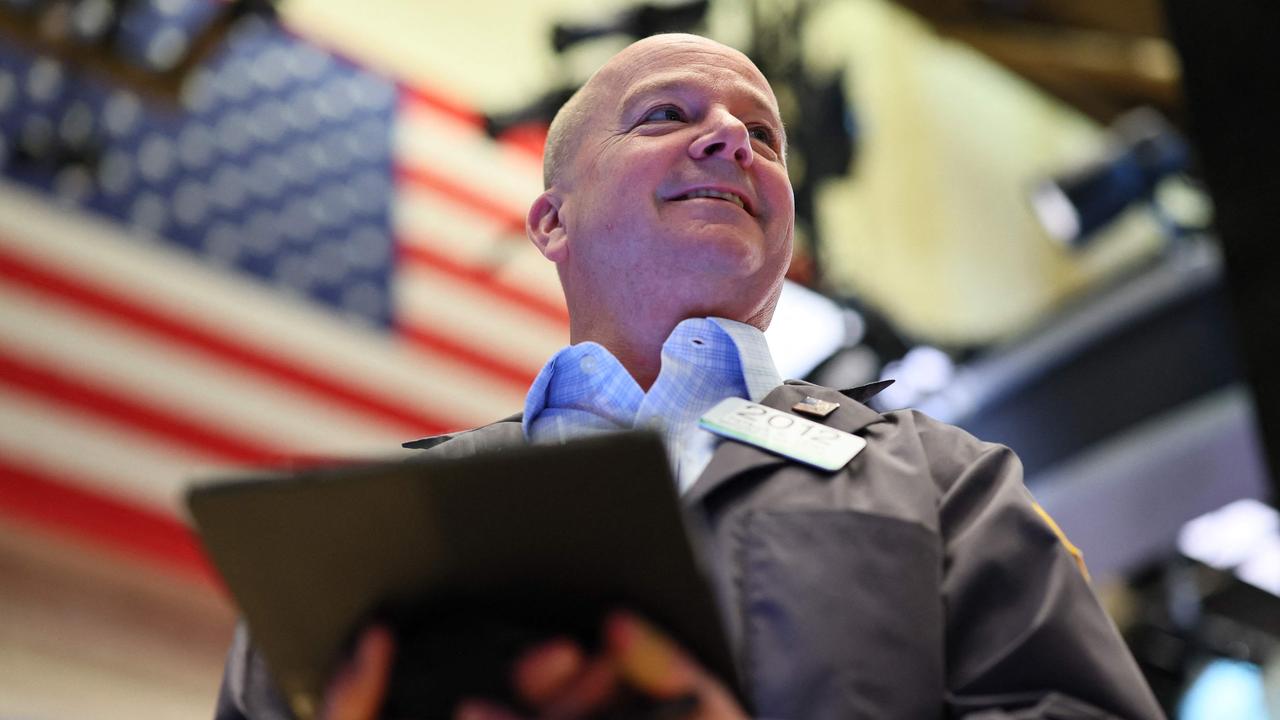Hedge funds split over Brexit
At an alternative investment conference, some see lurking dangers akin to the European debt crisis.

Hedge funds gathering from around the world this week at one of their main European conferences are split on how to approach a potential UK departure from the European Union.
The subject of a possible ‘Brexit’ vote — put at a roughly one-in-four-chance by the bookmakers — was just one of a large number of topics discussed at the Global Alternative Investment Management, or GAIM, 2016 conference, which this year moved from its traditional glamorous home in Monaco to a hotel in an Amsterdam suburb.
With no specific sessions at the conference assigned to the topic of Brexit, delegates were often more eager to discuss the risks from China’s economy, hot areas such as direct lending or how to attract investors to a hedgefund industry that keeps on losing their money.
However, some see lurking dangers akin to the European sovereign debt crisis of several years ago.
“We’re not taking any chances. If there’s a Brexit, in our view there’s going to be real turmoil,” Anne-Sophie D’Andlau, co-founder of Paris-based hedge fund firm CIAM, told the Journal on the sidelines of the conference. She bought put options — the right to sell at a predetermined price — to protect part of her portfolio around a month ago.
“It’s going to be exactly the same as 2011, when people were saying that if Greece comes out of the EU then it would be the end of the EU. It’s going to be the same. The consequences are being totally underestimated.”
Zach Mecelis, managing partner at London-based Covalis Capital, told the Journal that the ultralow or negative levels of many government bonds in the eurozone were “misleading the whole world [about] the actual risks in the system.”
“Political risks such as more referendums on EU/eurozone [membership] could lead to significant issues for the markets,” he said.
However, Roy Niederhoffer, president of New York-based R. G. Niederhoffer Capital Management, which runs around $US900 million in computer-driven trading systems, doesn’t see the same risks as in the Greek debt crisis.
“What’s happened over the last few days may have taken some of the expected volatility out of the actual announcement,” he said, referring to a recent surge by the Remain camp.
Mr Niederhoffer said he has opted not to manually reduce risk in his trading systems ahead of the vote. The last time he did, he said, was several years ago during the Greek debt crisis.
While funds such as Caxton and Rubicon have placed bets on sterling ahead of the referendum, hedge fund trades in general have been relatively muted so far, reflecting many managers’ fears of being caught on the wrong side of the result and having to explain losses to investors.
However, some see the potential for more lucrative trades on the other side of the vote.
Dow Jones


